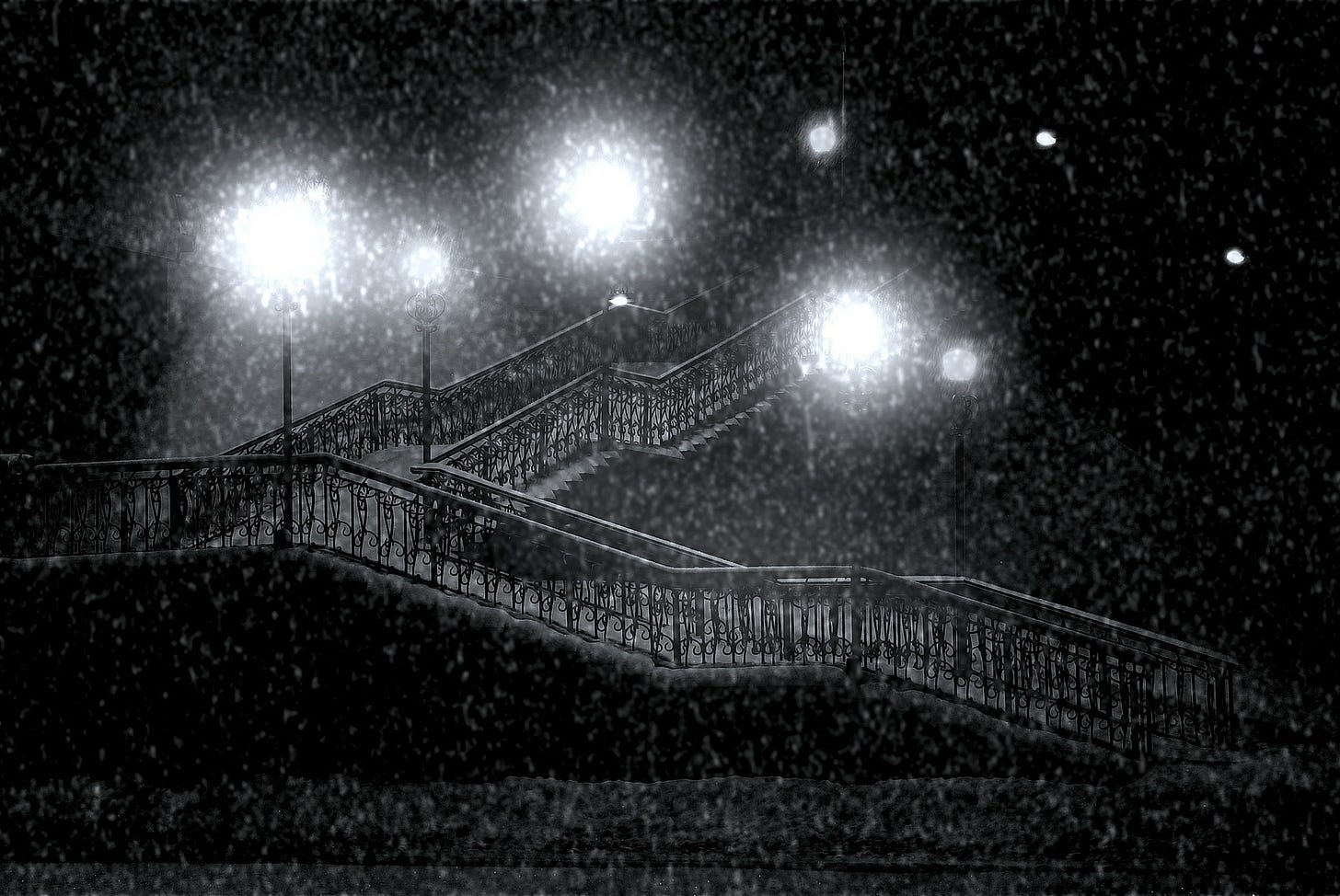#8: Drunk Man Under a Streetlight
When solving a problem, we need to find good solutions, not easy ones
Once upon a time, an old story goes, there was a drunk man searching for something under a streetlight. A cop came along.
‘What are you looking for?’
‘I dropped my keys.’
‘Oh. Let me help you.’
They searched together for a while. Then the cop asked:
‘Are you sure you dropped your keys here’
‘Oh no. I dropped them in the park over there.’
‘So why are you searching here?’
‘There’s more light here.’
The Streetlight Effect
As you’d expect, the story above wasn’t just about a drunk guy and a policeman, but about all of us. Too often, when faced with a problem, we look for an easy solution instead of a correct one. This is natural, as some problems are hard to solve.
For example, what is the nature of the world? This is too hard a question to answer, so we make up simple stories that explain it. Religion emerged from under a streetlight.
Governments do this all the time, as they need to be seen solving problems, whether or not they actually do. This was best summed up in the Politician’s Syllogism, coined by Antony Jay and Jonathan Lynn in Yes, Prime Minister:
We must do something. This is something. Therefore, we must do this.
You can also call it the Streetlight Effect.
The Indian state does this all the time.
In episode 242 of The Seen and the Unseen, Josy Joseph speaks about how this is standard procedure for India’s security agencies. A terrorist attack happens. They need to build a narrative that they are on top of it. They arrest, torture and frame local Muslims.
Part of this comes from bigotry and anti-Muslim sentiment. And part of it is convenience.
In his excellent book, The Silent Coup: A History of India’s Deep State, Josy elaborated on how systematically the cops did this after the 2006 Mumbai Train Bombings. And this was not an aberration: time and again, in Kashmir, Mumbai, Punjab and Gujarat, India’s security state adopts the Streetlight Effect.
You can listen to the episode below, or on any podcast app of your choice.
The Politician Driven to Drink (and Streetlights)
When in power, a politician’s incentive has everything to do with narratives and nothing to do with governance. He wants to be seen to be solving a problem, whether or not he actually does. This carries through in so much of public policy.
One good example of this is price controls. Often when the price of something is considered by authorities to be too high, they impose price controls. They are seen to be doing something, but this good intention leads to bad outcomes. Price controls always lead to shortages, and hurt the people they are supposed to help.
Look around the country at some of our deepest problems, and you may find that our governments want easy answers rather than good solutions. And it is not just them: we also do this, and should watch out for this tendency in ourselves.
*
A note of apology: I’ve been inactive here for a few months. I fell off the wagon at a time of personal stress, but I am back now, and promise to be regular with this newsletter. Do subscribe and spread the word: it’s free!

